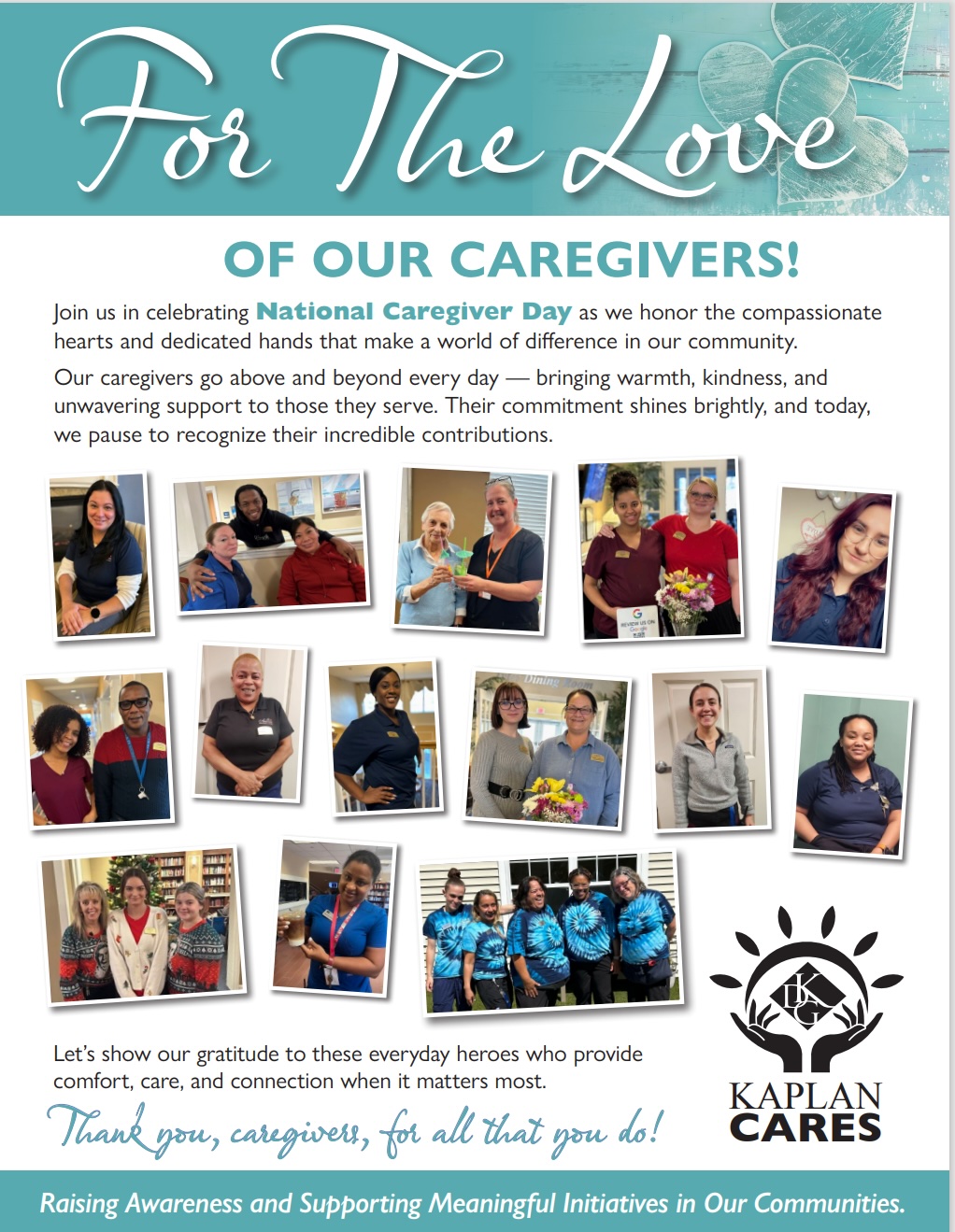Getting older is never a reason that a senior should receive anything but dignified and respectful treatment from caregivers and loved ones. And how we talk to a senior—the words and tone of voice we use—can be uplifting or damaging.
Elderspeak is a way of talking to a senior that assumes they aren’t capable of understanding or comprehending a conversation—similar to how we would talk to a baby or a child. It’s important to note that most people that talk this way to an older adult, whether in an assisted living community or still living in their family home with family members as caregivers, aren’t doing it intentionally to hurt the senior.
What Is Elderspeak?
Elderspeak is a broad term to describe a particular way that some caregivers, especially younger ones, may talk to a senior. It closely resembles “baby talk” and seems to be common in nursing homes and hospitals, where many seniors could have legitimate health issues that result in some frailty or decreased cognitive function, such as dementia.
But it’s not uncommon to hear it in other situations, such as at the grocery store or the bank, where a senior clearly has no issues that would inhibit their ability to understand. Research indicates that this isn’t always an intentional way of talking, so it’s important to remember that caregivers and loved ones don’t do this maliciously.
Examples of Elderspeak
There isn’t a one-size answer to what words or tones could be elderspeak. It’s a combination of speaking slower than necessary, using a sing-song tone, exaggerating certain words, or excessive use of cutesy pet names.
Some example phrases could be:
- “Is our tumtum ready for some food?”
- “Oh, sweetie, you’re just so cute.”
- “Aw, you look so tired. Should we go to bed now?”
How Is Elderspeak Damaging?
The problem with elderspeak is that there are certain situations where it might not be totally out of place. For example, if a senior does have trouble with their memory and has trouble with complicated conversations, speaking slower and using more direct language could be beneficial.
The issue arises when this becomes the “normal” way of conversing with residents in a senior community because not every person living there is the same.
A few specific ways that elderspeak can be damaging may include:
Patronizing
In a memory care situation, there are certainly times when a caregiver is dealing with someone who has dementia. There is a very real possibility that these seniors will require much more intensive care and may not understand complex instructions or could have trouble keeping up cognitively.
It may be tempting to revert to elderspeak. But body language, tone of voice, and volume can all speak louder than the actual words used—even to someone with dementia or Alzheimer’s. If an older adult’s memory is failing, they don’t need pity. They need compassion and patience.
Can Contribute to Depersonalization
Person-centered care is an approach that was developed in the late 1980s as a way of focusing on an individual’s uniqueness—their preferences and who they are as a person—instead of the disease or symptoms they may be dealing with.
By using cutesy names like honey bun, sweetie pie, cupcake, sugarplum, or other “pet” names, a caregiver may begin to forget that this senior they’re caring for is a unique person with their own personality and preferences.
Can Be Degrading
By the time someone is moving into a senior community, there’s a good chance they’ve had some significant accomplishments in their lifetime, such as raising a family, running a business, or serving in the military.
Using elderspeak, especially with a senior who has no issues understanding what you’re saying, can be degrading.

Alternative Ways to Talk & Communicate
There isn’t necessarily a set-in-stone way that a caregiver should talk to a senior because each situation is unique—just like the older adult and their caregiver!
A couple of things to keep in mind that can improve the way we talk to our loved ones who have gone before us could include:
- Be mindful of how you’re communicating with a senior. Keep respect at the forefront of the conversation.
- Pay attention to your tone and word choice to try and prevent the tendency to “talk down” to a senior as if they were a child, not a life-experienced adult.
- Approach each situation as a new one. While you may be able to talk in a normal voice for one senior, another may require an elevated volume or smaller sentences.
Find Senior Living with Person-Centered Care
Many considerations go into finding a senior community to spend your retirement. Finding a community that has a team of compassionate and knowledgeable caregivers is often at the top of the list.If you or a loved one is considering retirement in Branchville, reach out to us at Bentley Assisted Living. Our team can answer all your questions, and we’d love to give you a tour of the community.





